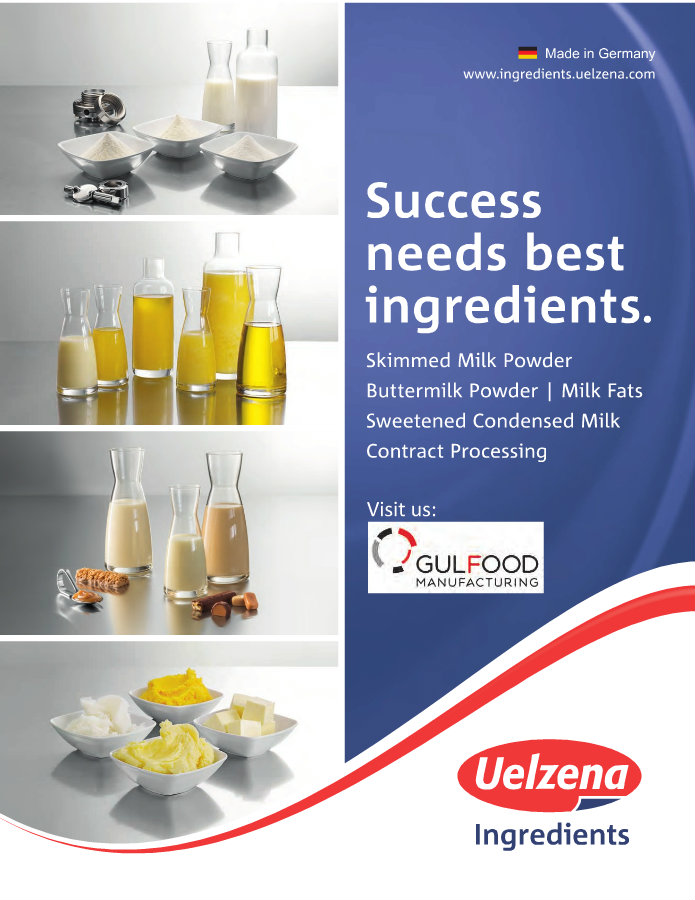
'There's healthy food and healthier food,' indeed.
"We need to remove the concept of unhealthy food from our vocabulary. There's no such thing as unhealthy food if the Health Ministry has approved it. Unhealthy food is not legal and can't be used or sold. There's healthy food and there's healthier food." So stated Itzhak Tamir, the chairman of the Food Industries Association, the former CEO of Coca-Cola, at a panel discussion this week at Tel Aviv University on the subject of sustainable food systems.
For its part the Food Industries Association said "harmful" food refers to spoiled food. Tamir's comments, the association said, clearly related to spoiled food that is not fit for human consumption. "Any other interpretation is mistaken and misleading."
The current period doesn't look like it will go down as the Golden Age of the Israeli food manufacturing industry. Even if the Health Ministry and the corporate sector made concerted efforts to calm the current tensions between them, over the past several weeks, the strained ties between them have only seem to have soured further.
Food manufacturers in Israel and abroad have had to contend with an unprecedented lack of trust on the public's part. Public discourse in Israel had been heightened even before the programs to encourage healthier nutrition got off the ground. And information about the harm caused by poor nutrition has not only been coming from the World Health Organization but also the Israeli Health Ministry.
Critical statements made by Health Minister Yaakov Litzman about the fast-food industry; a campaign on lowering sugar consumption, which has been making waves since March; and a campaign on salt consumption, which has been shelved but has continued on the internet to live on and attract an audience have not been received well by the industry even if it is trying to project an attitude of business as usual.
"There's no tension," Tamir insisted. "The media has portrayed the situation as if there were the 'bad guys,' the food manufacturers, who only want to think of how to harm the public's health and have it eat unhealthy things, and on the other hand, there are the regulatory agencies, who are the super-heroes protecting the galaxy from the evil food manufacturers. It simply isn't like this. We have a huge responsibility to our consumers and we do everything to provide them the best there is."
On more than one occasion Health Minister Litzman has said his ministry has come under pressure. When he criticized McDonald's, it sparked an aggressive response from the fast-food chain, which was unmistakably disparaging in tone against the minister. The campaign against excessive sugar consumption that was launched in March, and which featured an unlabeled beverage bottle with a red cap, prompted a response by Coca Cola Israel (the Central Bottling Company, as it is formally known) and the Food Industries Association directed at the ministry.
The campaign involving salty snack foods, sales of which are close to 400 million shekels ($104 million) a year in Israel, was shelved within a day, although the ministry's director general, Moshe Bar Siman Tov, said the industry did not contact him or Litzman over the matter. "There was an understanding here that since it involves a complicated, long-term process, we need to work with the industry. I'm not saying that as an apology. We saw the power of the campaign and what it produced, and we proved that we had a cudgel in our hand, and if necessary, we would use it. It's easiest and most popular to create a war narrative, but we decided that this was the time to give change a chance."
Over the past three decades, foods that are high in sugar and sodium have come to dominate the processed food industry and the daily menus of the Israeli public. The process that Israelis are now undergoing to wean themselves off excessive sugar and salt are complemented by the policy to reduce the price of healthy food and making information on nutrition available to the public.
Nevertheless, 1.7 million Israelis (25 percent of adults and 14 percent of children) are overweight. The cost of this to the Israeli healthcare system has been estimated at 6 billion shekels ($1.6 billion) a year, two-thirds of which are indirect from factors such as loss of the ability to work, work absences due to illness and the cost of nursing care. In the face of all this, the food manufacturers claim that it's hard to sell products with less sugar and salt.
"Consumers even get the sweetness in their mother's milk," Tamir told the Tel Aviv University conference. "It's pretentious to try to change everything in one day. Hundreds if not thousands of sugar-free or reduced-sugar products have come out and almost all of them have been a failure. They were not accepted by the public because they didn't taste good enough. It's not a simple problem."




